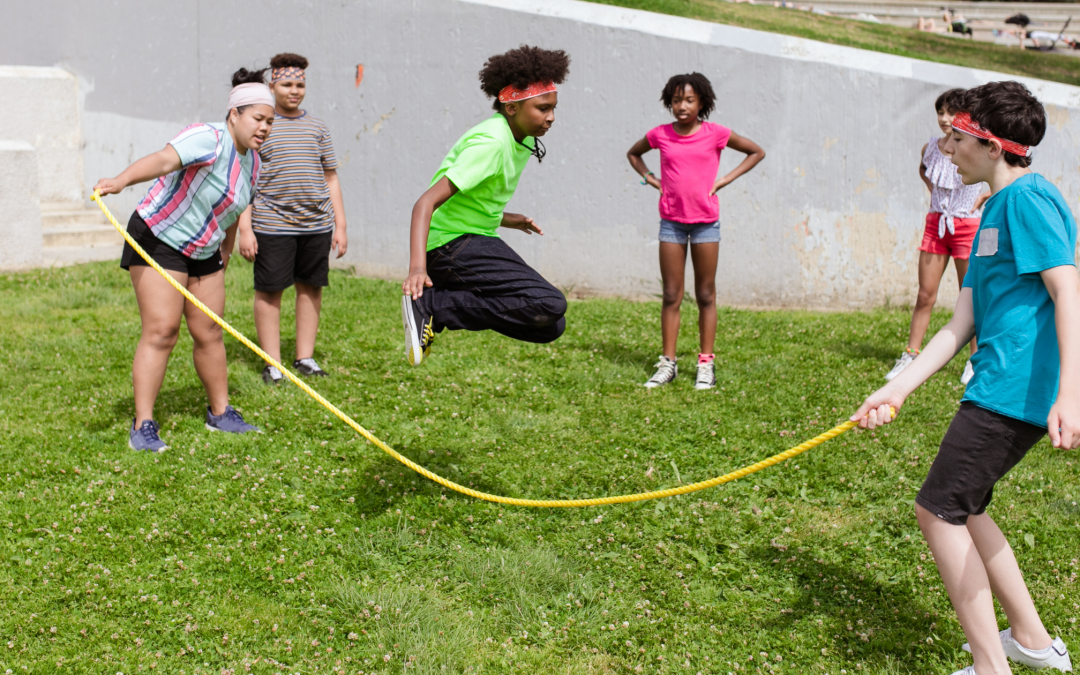
How to Instill Habits for a Meaningful Life in Your Children”

Intertwining our own pursuit of meaning with the development of our children, we create a powerful synergy that enriches our family dynamics and sets the stage for a future where our children flourish as individuals of purpose and character.
See the article “Parenting with Purpose: Cultivating Meaningful Lives for Parents and Children”?
Developing habits for a meaningful life in children requires a nurturing and intentional approach. Here’s a brief overview of how you can foster these habits:
1. Lead by Example: Children learn by observing their parents, so embodying the habits you wish to instill is essential. Demonstrate the values of kindness, purpose, self-awareness, and compassion in your own actions and choices.
2. Create a Values-Based Environment: Establish a home environment that promotes the development of meaningful habits. Encourage open discussions about values, purpose, and the importance of positively impacting others and the world.
3. Provide Opportunities for Self-Discovery: Encourage your children to explore their interests and talents. Support their exploration of various activities, hobbies, and subjects, allowing them to discover what brings them joy and a sense of purpose.
4. Foster a Love for Reading: Cultivate a reading culture in your home. Provide access to various books that inspire, challenge, and encourage personal growth. Discuss the insights from reading and how they relate to finding meaning in life.
5. Teach Empathy and Compassion: Help your children develop empathy by encouraging them to understand and share the feelings of others. Teach them the importance of compassion and kindness through generosity and volunteer work.
6. Set Goals and Celebrate Achievements: Encourage your children to set meaningful goals aligned with their interests and values. Help them break down their goals into achievable steps and provide support and guidance. Celebrate their accomplishments to reinforce the importance of pursuing personal growth and purpose.
7. Nurture Self-Awareness: Guide your children to reflect on their thoughts, actions, and values. Encourage them to evaluate their choices and behaviors, emphasizing the importance of living authentically and aligning with their beliefs and passions.
8. Encourage Meaningful Relationships: Teach your children the value of building and nurturing supportive relationships. Help them identify positive role models and encourage healthy friendships that align with their values and aspirations.
9. Embrace Mindfulness and Gratitude: Teach your children to cultivate mindfulness and gratitude by being present in the moment and appreciating the beauty and blessings around them. Encourage them to express gratitude and practice mindfulness exercises regularly.
10. Foster a Growth Mindset: Instill in your children the belief that they have the power to grow, learn, and overcome challenges. Encourage resilience, perseverance, and a positive attitude towards setbacks, as these qualities contribute to their journey toward a meaningful life.
You can help your children develop a strong foundation for a meaningful and purposeful life by consistently modeling and reinforcing these habits while providing a supportive and nurturing environment.


















